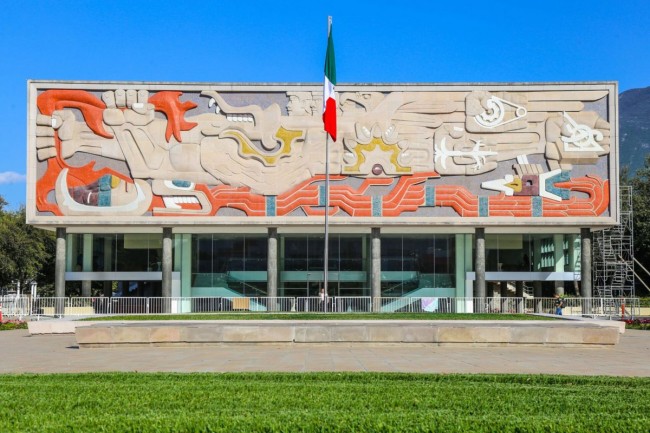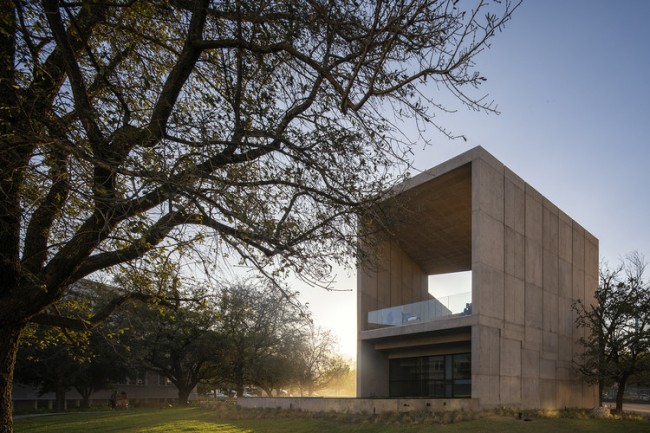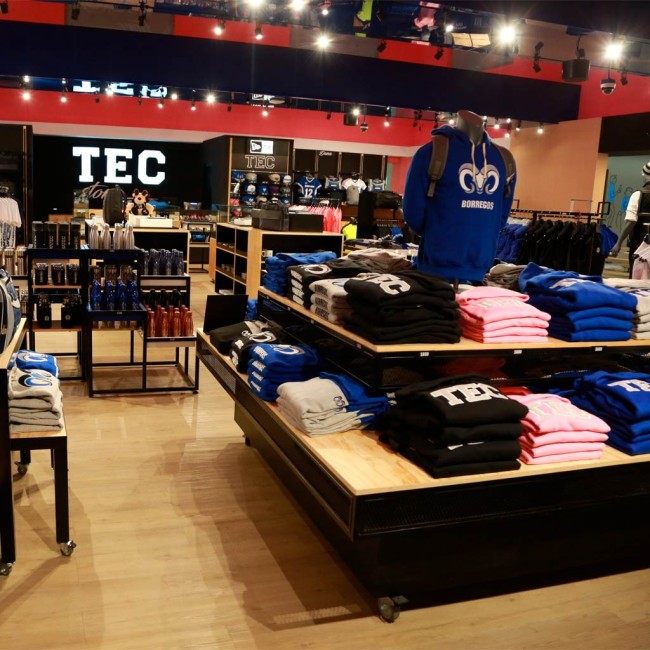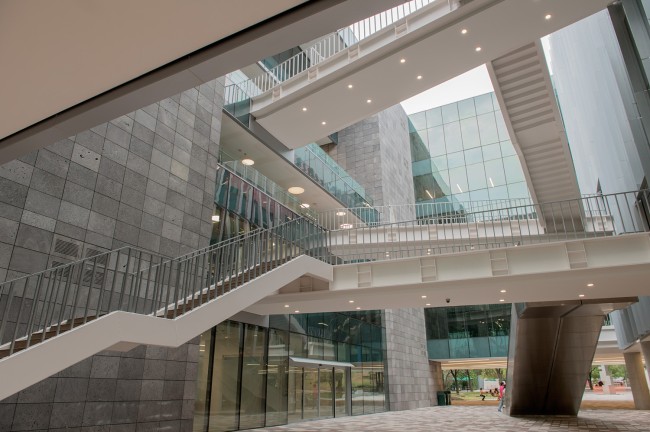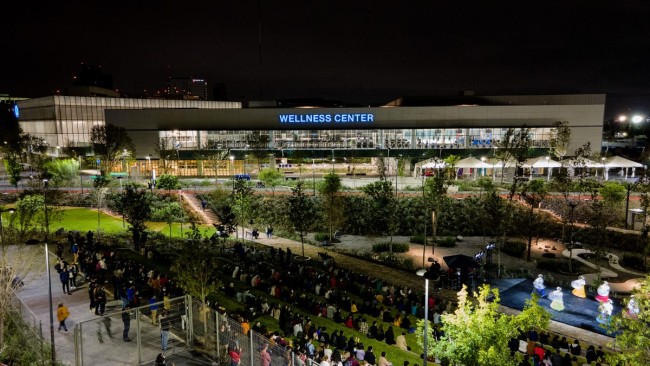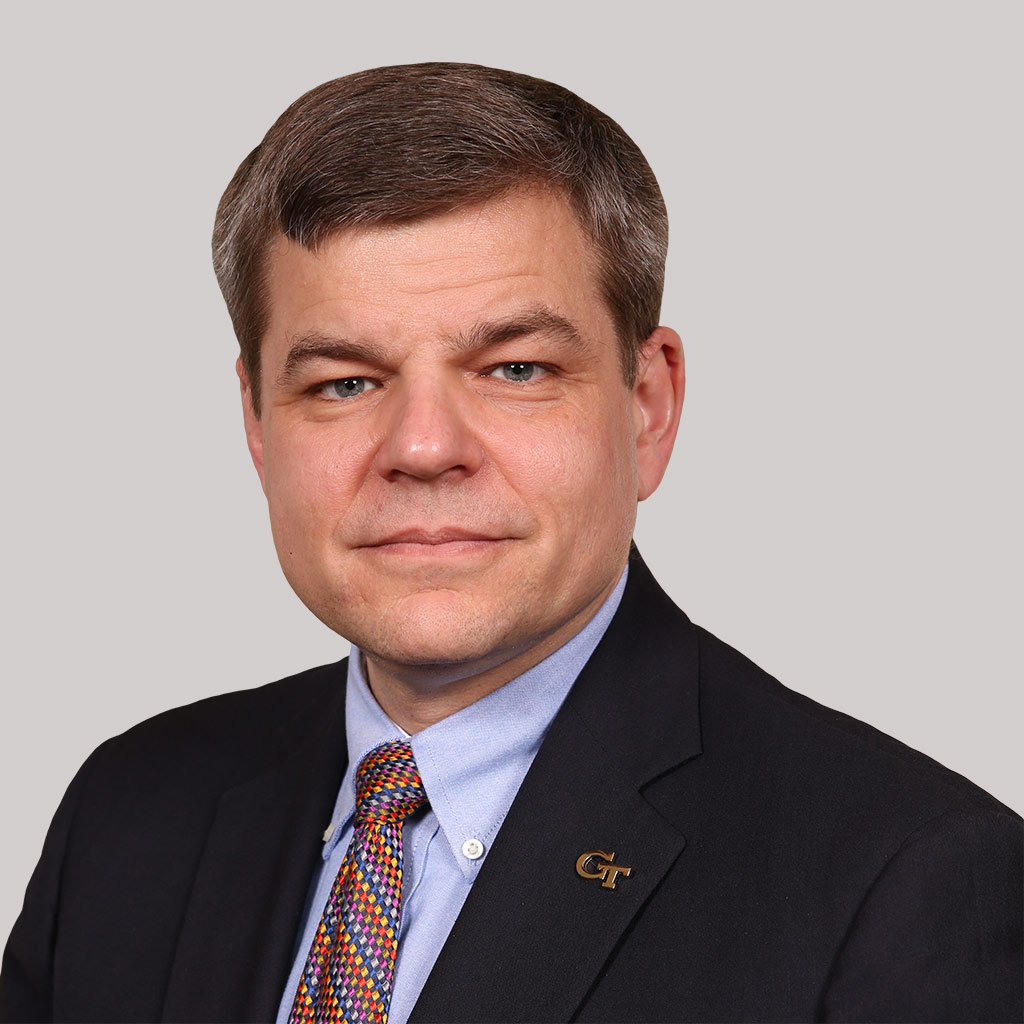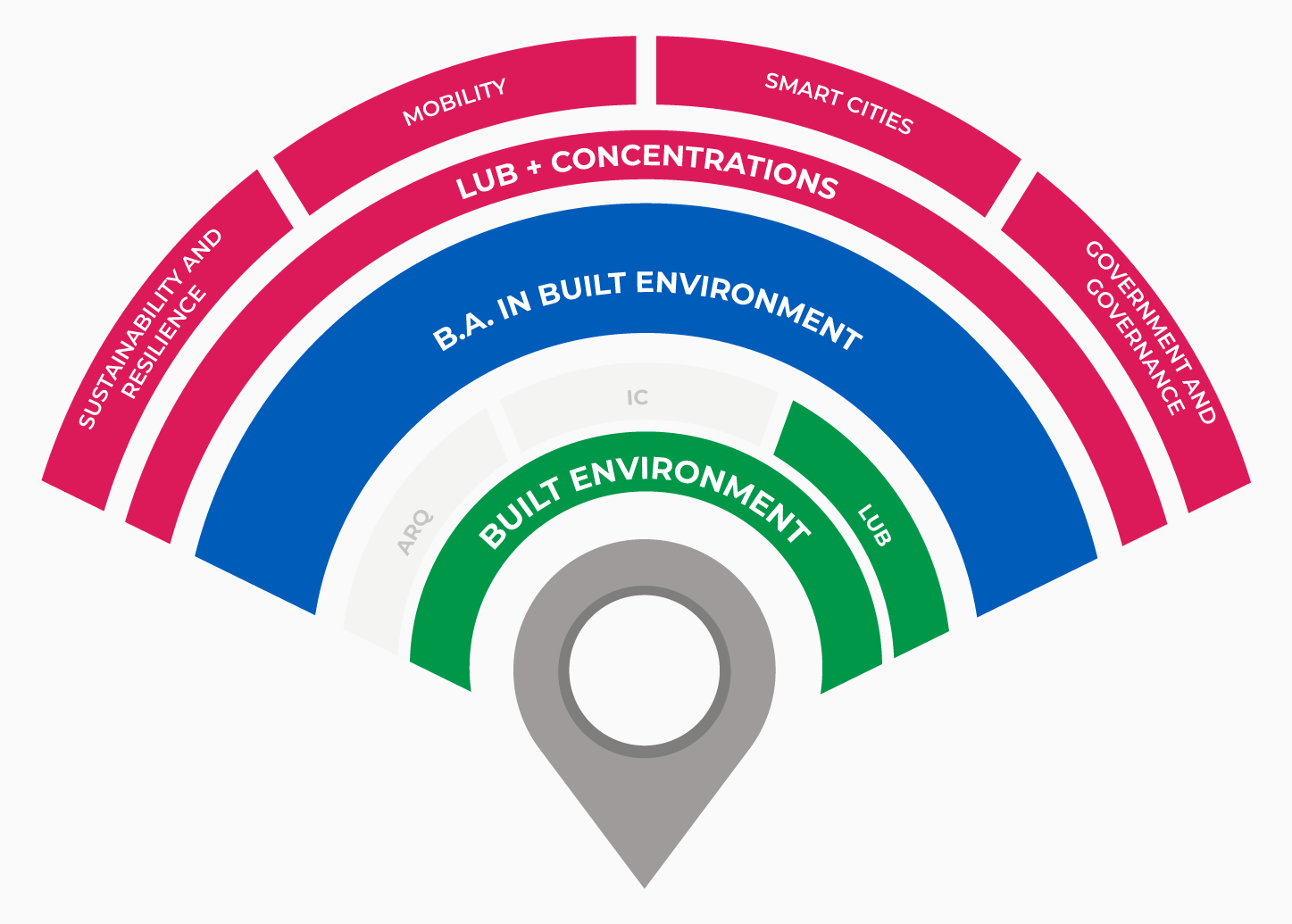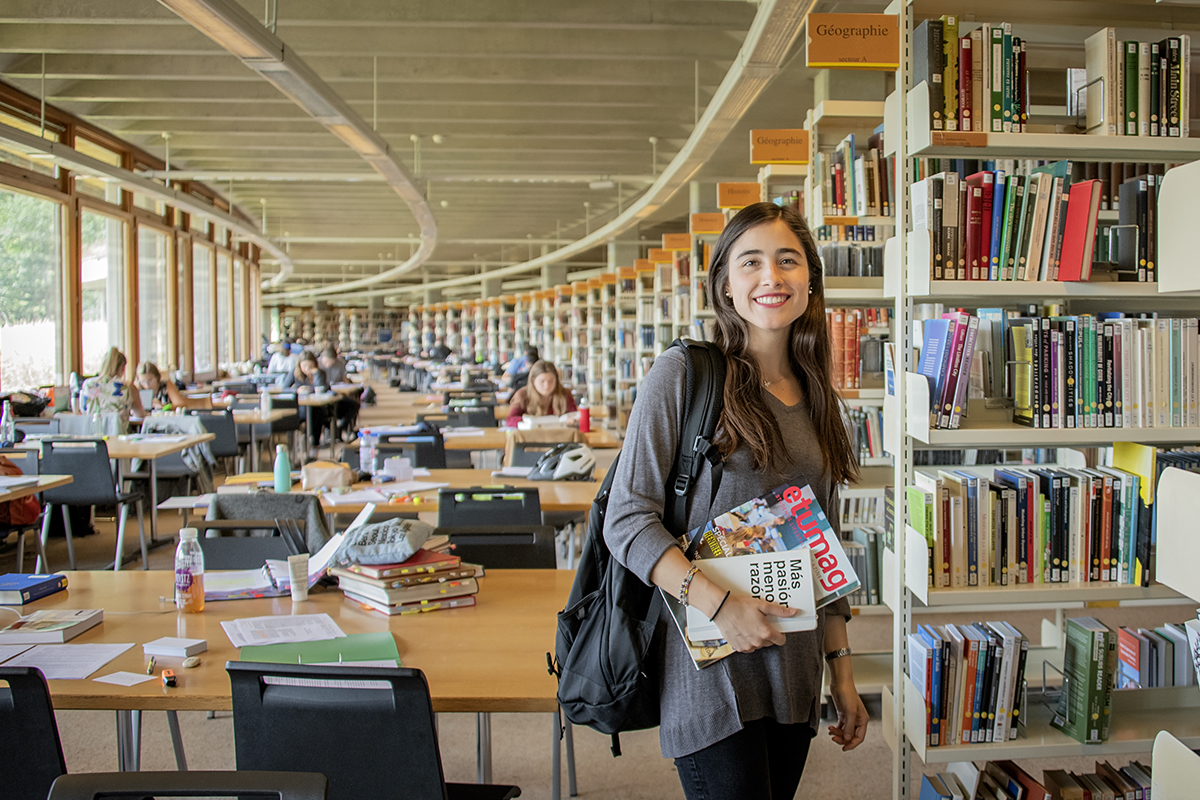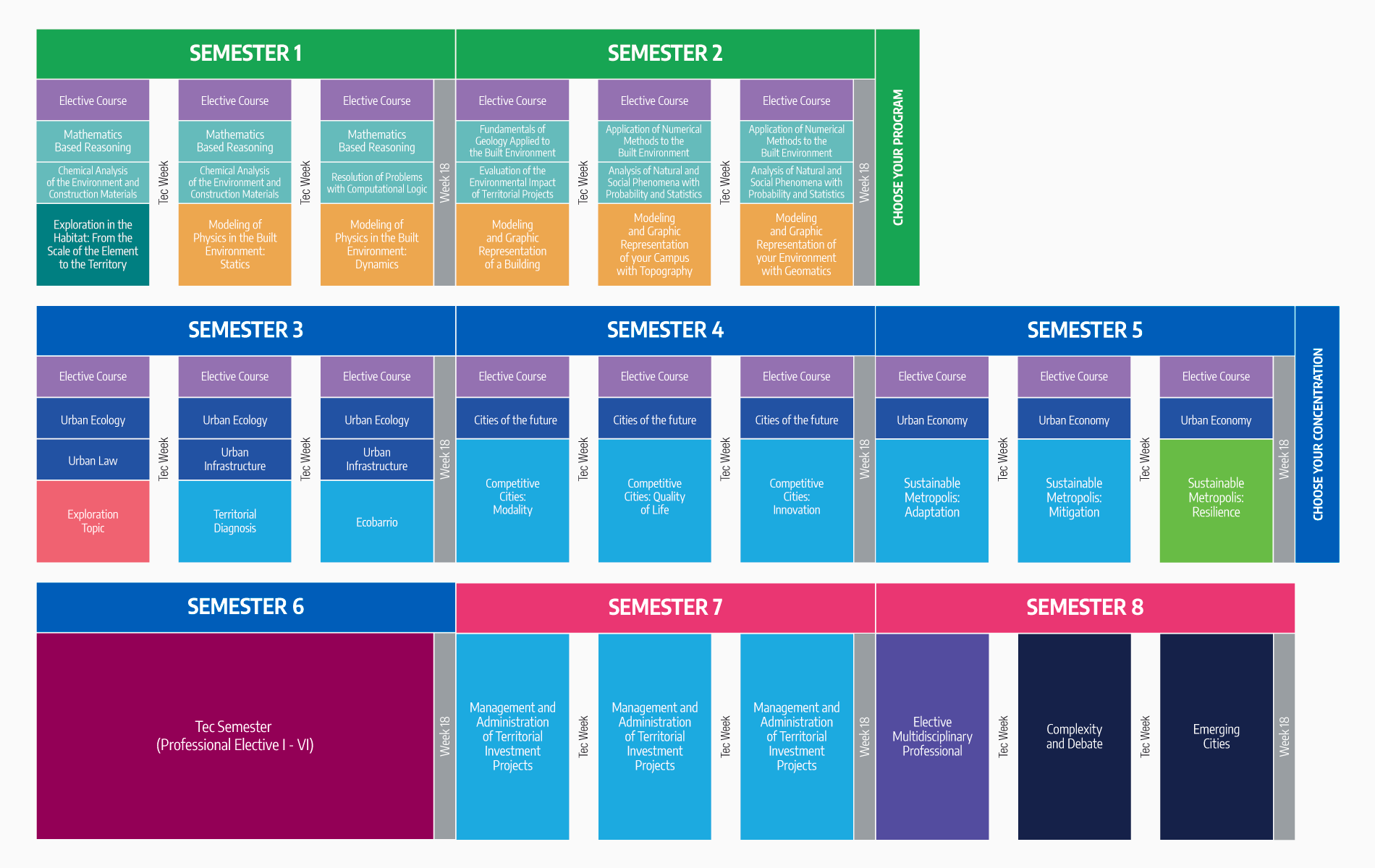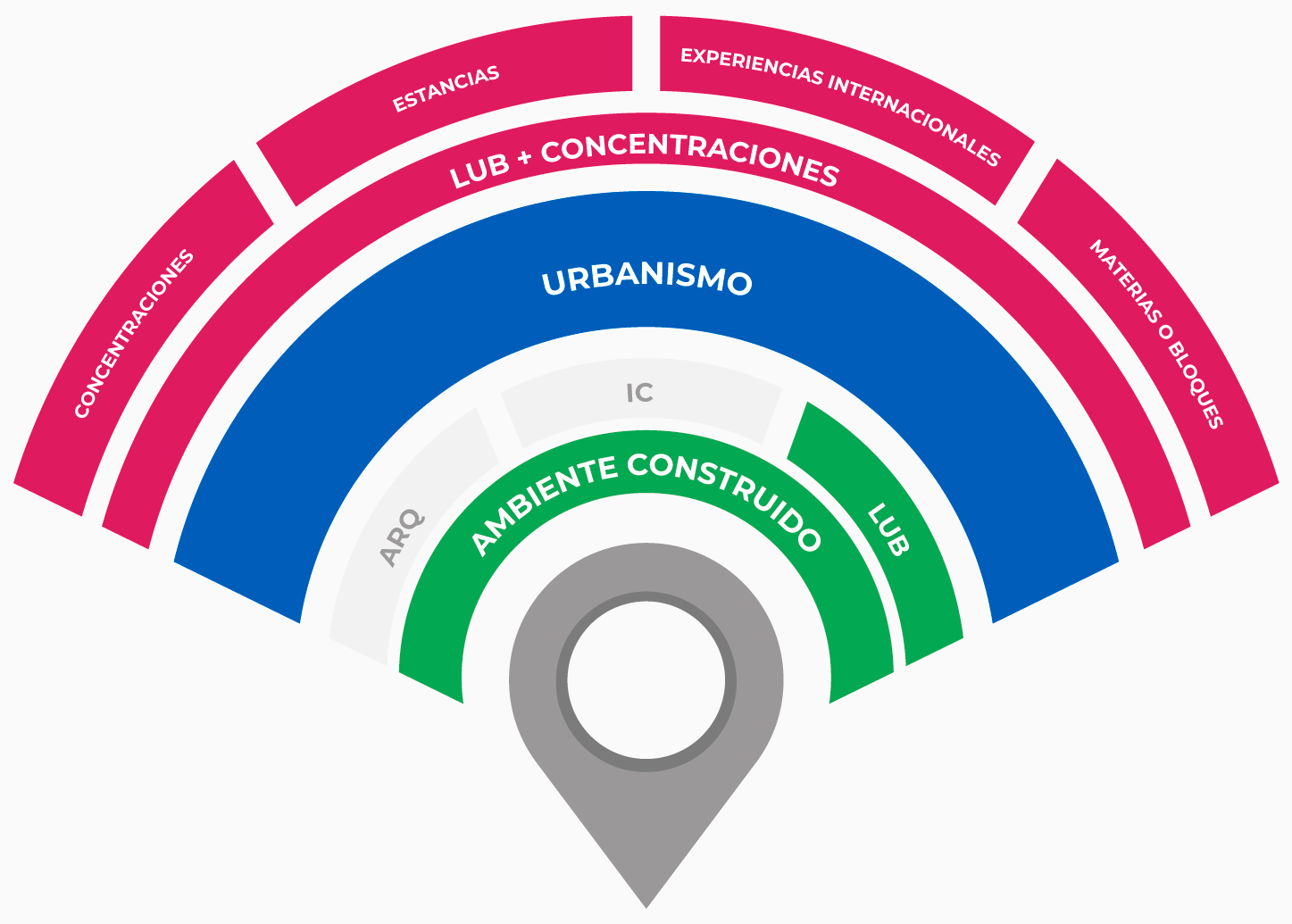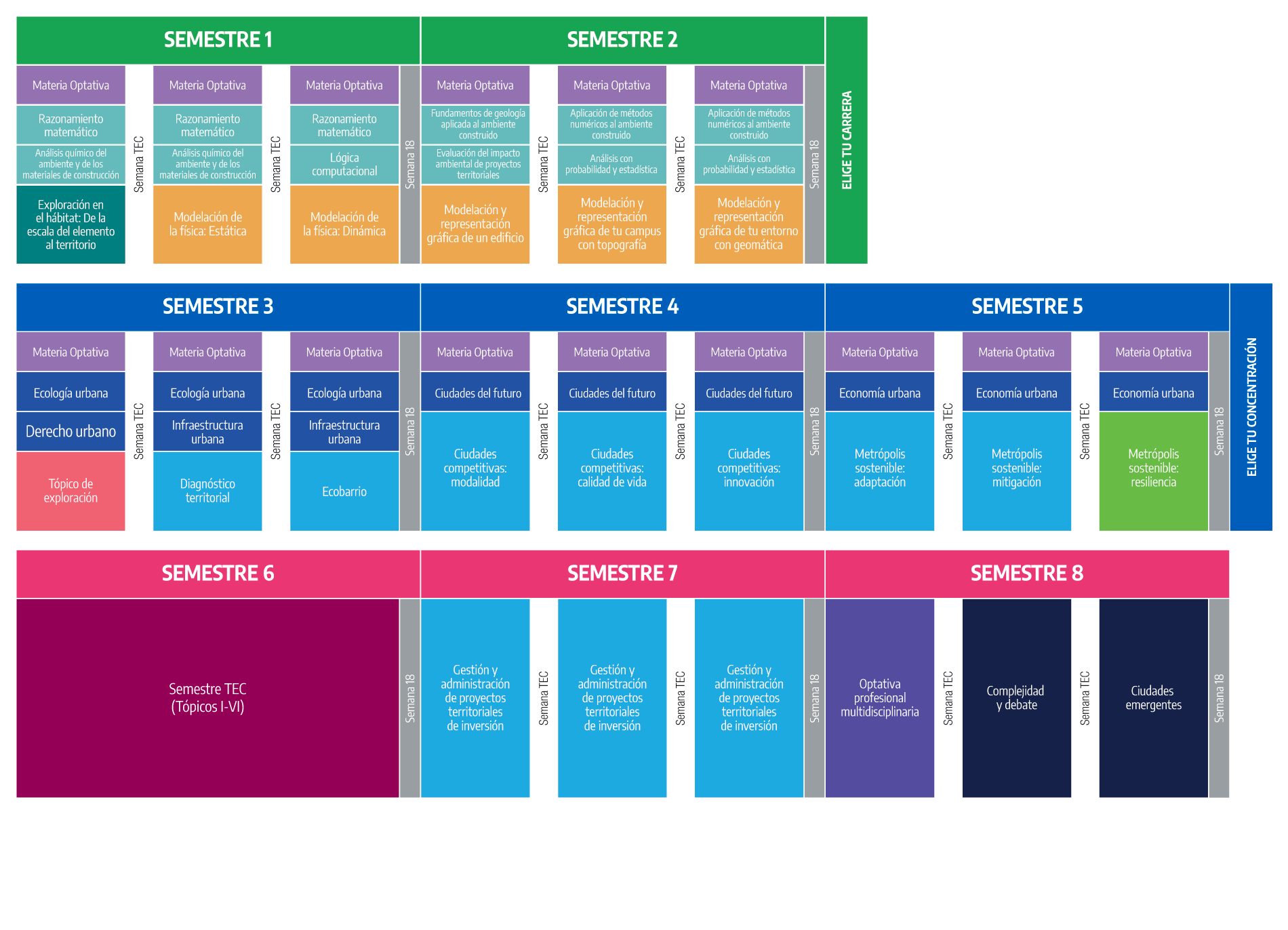Sigfredo Fuentes
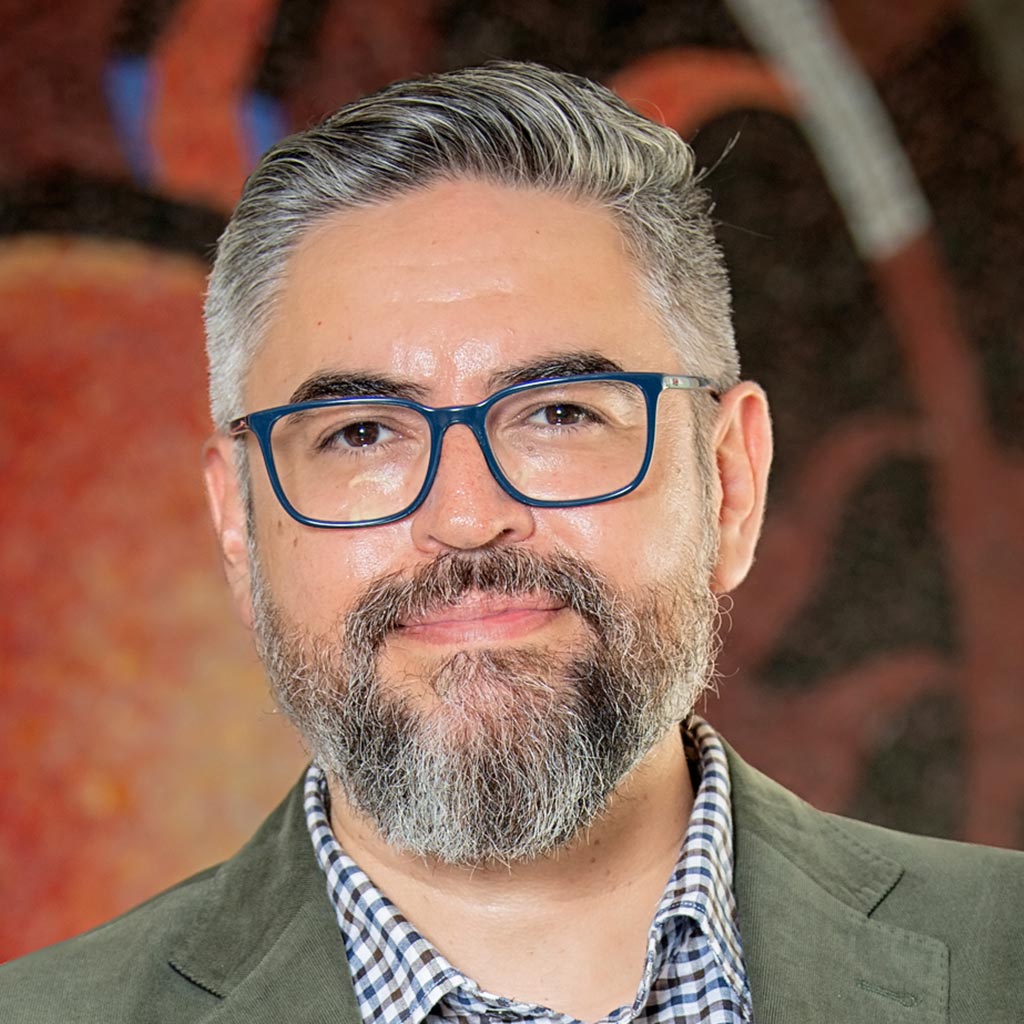
Sigfredo Fuentes
Distinguished Visiting Professor
in Digital Agriculture and Food Sciences
School of Engineering and Sciences
Expertise
Plant physiology
Environmental engineering
Digital agriculture
Food and wine sciences
Plants/animals/humans biometrics
Machine/Deep learning and artificial intelligence (AI)
Agriculture 5.0
UAV - Drones - Satellite remote sensing
Climate change
Digital twins for agriculture and food
Overview
Dr. Sigfredo Fuentes is an Associate Professor in Digital Agriculture, Food and Wine Sciences (DAFW) at the School of Agriculture, Food and Ecosystem Sciences (SAFES), in the Faculty of Science, at the University of Melbourne, Australia.
In addition, Professor Fuentes is the International Coordinator for The Vineyard of The Future Initiative, which is an international collaboration that strives to establish a fully-instrumented vineyard that uses the Internet of Things (IoT) for data capture and meaningful analysis of climate change on Viticulture and Oenology in Australia, with the goal of transferring these technologies to all fields of agriculture.
He has taught courses on subjects such as sensory evaluation, plant growth and processes, and applications in precision agriculture, to name a few.
He has over 28 projects and 206 scholarly works both active and completed. He is currently working on two main projects: “Deep learning modeling for hyperspectral imagery” funded by the Australian Government Department of Defence and the Center of Excellence in Plants for Space (P4S), which has the goal to develop plants to support long-term space missions to the Moon (2030) and to Mars (2040).
His research efforts and teaching interests are focused on the use of the latest technology for plant physiology and viticulture, as well as in the areas of irrigation science, irrigation scheduling, remote sensing, and climate change. Other research interests are the development of computer programs for agricultural research and applications; the creation of new methodologies to assess plant physiology and growth using image analysis and technology; and the implementation of machine learning and artificial intelligence (AI) for agriculture, food, animal, and wine sciences.
Professor Fuentes has collaborated as a reviewer for more than 30 scientific journals since 2006 in the areas of plant physiology, soil sciences, sensor technology, plant biology, irrigation science, and agricultural modeling, to name a few. Among his collaborations, he is Editor-in-Chief at Frontiers in Horticulture - Specialty Pomology and Viticulture; Associate Editor in the Irrigation Science Journal for Springer Nature; Editorial Board Member and Academic Editor of the section “Smart Agriculture” for the Sensors Journal (MDPI); Guest Editor and Editorial Board Member for Frontiers Journal; and Guest Editor for Food Journal (MDPI).
He has given presentations worldwide in Europe, Asia, South Africa, North America, and South America on topics like artificial intelligence in plant prototyping, viticulture and winemaking; food; sustainability in agriculture 4.0 and 5.0; among many others.
Professor Fuentes has recently been appointed as chief investigator for the Center of Excellence in Plants for Space (P4S) funded by the Australian Research Council (ARC) with partners such as the Australian Space Agency and NASA (2023 – 2029) and a budget of 35 million Australian dollars. In previous years, he has won the Bayer Grant4Ag Award in the areas of AI and pest management. This award has only 24 awardees from over 600 applications in 39 different countries (2021). Also, he won the teaching award given by the Australian Society of Plant Scientists (ASPS) in plant physiology at a university level (2019) and was named Institute Fellow for Digital Agriculture, Food, and Wine for the Networked Society Institute (NSI) of the University of Melbourne (2017-2019).
He is a member of important scientific communities such as the Australian Society of Plant Scientists (ASPS), the International Society of Horticultural Sciences (ISHS), and the Australian Society of Horticultural Sciences (ASHS).
Sigfredo Fuentes joined Tecnológico de Monterrey as Distinguished Visiting Professor in Digital Agriculture and Food Sciences for the School of Engineering and Sciences.
Education and Training
- Ph.D., Plant Physiology, University of Western Sydney, Australia
- B.Sc., Agronomy, University of Talca, Chile
- B.Sc., Agricultural Sciences, University of Talca, Chile
Publications
-
Shin, M., Gonzalez Viejo, C., Tongson, E., Wiechel, T., Taylor, P. & Fuentes, S. (2023). Early detection of Verticillium wilt of potatoes using near-infrared spectroscopy and machine learning modeling. Computers and Electronics in Agriculture, 204 doi:10.1016/j.compag.2022.107567
-
Harris, N., Gonzalez Viejo, C., Barnes, C. & Fuentes, S. (2022). Non-Invasive Digital Technologies to Assess Wine Quality Traits and Provenance through the Bottle. Fermentation, 9(1), pp. 10-10. doi:10.3390/fermentation9010010
-
Fuentes, S., Gonzalez Viejo, C., Tongson, E., Dunshea, F., Dac, H. & Lipovetzky, N. (2022). Animal biometric assessment using non-invasive computer vision and machine learning are good predictors of dairy cows age and welfare: The future of automated veterinary support systems. Journal of Agriculture and Food Research, 10 doi:10.1016/j.jafr.2022.100388
-
Ashfaq, W., Brodie, G., Fuentes, S. & Gupta, D. (2022). Infrared Thermal Imaging and Morpho-Physiological Indices Used for Wheat Genotypes Screening under Drought and Heat Stress. PLANTS-BASEL, 11(23), pp. 22-. doi:10.3390/plants11233269
-
Dac, H. H., Gonzalez Viejo, C., Lipovetzky, N., Tongson, E., Dunshea, F. R. & Fuentes, S. (2022). Livestock Identification Using Deep Learning for Traceability. SENSORS, 22(21), pp. 19-. doi:10.3390/s22218256
